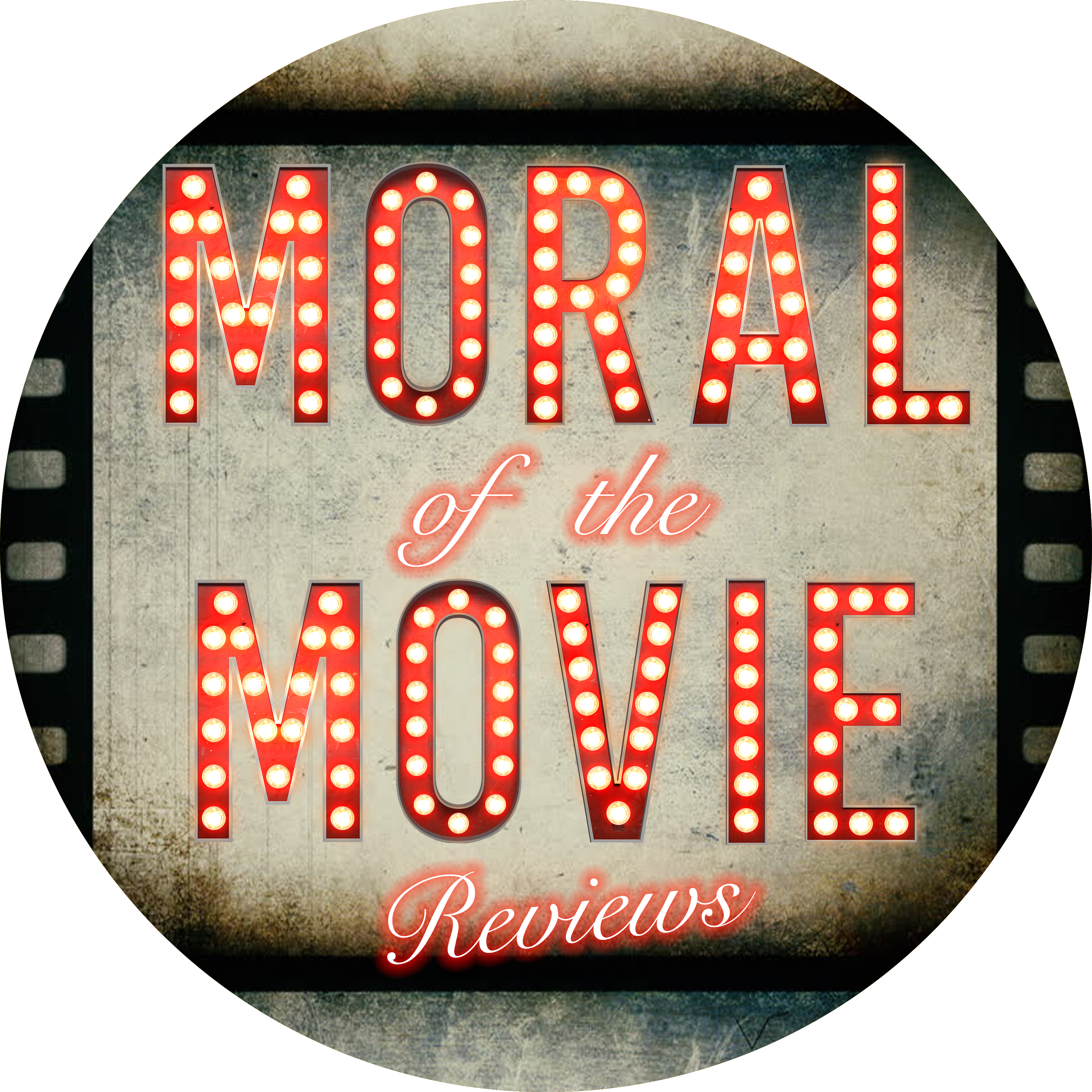
Moral of the Movie - Review
Black Panther (2018)
Action/Superhero, Directed by Ryan Coogler | Rating: Soulmates | Published: Sept. 2, 2022, 10:28 a.m.

|

|
MORAL OF THE MOVIE
Black Panther covers the African experience in an intensely metaphorical manner through the superhero genre, but it mainly teaches us all about the injustices that our black brothers and sisters still face after a longstanding history of trauma and oppression. This film covers so much that it requires far beyond a simplistic moral to do it justice, but it mostly comes down to how we should all strive to help each other out and bring each other up, especially in the face of oppression.
WHO I THINK WOULD MOST ENJOY THIS MOVIE
Anyone looking for more expansive representation (specifically African-American) in the superhero genre. Also, if you’re the type of person that is critical of how superhero movies may be one-dimensional in terms of diversity and color, then this epic film will gladly break that mold for you.
ADDITIONAL NOTES/COMMENTARY
I actually planned on posting a different review tonight. As soon as I heard the devastating news about Chadwick Boseman’s recent passing though, I scrapped the planned review and figured I could do this one in his honor. “It was the honor of his career to bring King T’Challa to life in Black Panther.” Rightfully so. Black Panther marks a turning point in blockbuster films that proves both the desire and need for representation of all backgrounds in mainstream media. With Black Panther, Ryan Coogler and Chadwick Boseman managed to make an entertaining epic that not only highlighted the richness of African cultures, but also put the struggles that people of African descent have to endure in places like the United States on a spotlight. I’ll never forget when I went to see it the first time in theaters, and then the second time, and then the third time, and so forth. Each time that I went to see it, I would see people of all ages, races, backgrounds, etc. That just goes to show how powerful movies of this caliber can be in bringing people together. Justifiably, the film went on to garner critical acclaim, countless awards (including the Oscar for Best Original Score, Best Costume Design, and Best Production Design, which all featured African culture at the forefront), and became the first superhero film ever to be nominated for the Best Picture Academy Award. Fun fact: Ludwig Göransson, the film’s composer, lived in Senegal for a month and worked with local musicians (including Baaba Maal) to capture the authentic sounds of African music; much of the movie’s score feature actual West African instruments such as the tambin (AKA Fula flute) and the talking drum. In regards to its impact, what set this film apart from all others wasn’t solely the fact that it starred a mainly black cast; rather, it stands out because of the way it dealt with what it means to be black nowadays in such a beautiful yet entertaining manner. It showed both sides to the arguments of how black people can react (Killmonger’s justified retaliation vs. T’Challa’s holistic integration) to the ever-long history of oppression and trauma against them. While the film’s heroes, villains, and Wakanda setting are fictional, the presented issues are all too real. The complexity of the conflict is reflected in how we see Killmonger, the film’s main antagonist. His view of the world is completely justifiable in seeking liberation for black people on a global scale and his criticisms of Wakanda’s historic isolationism are actually valid. His radically violent approach (instigated by his CIA training and in line with his war record in the American military, which is another statement of its own against American imperialism), though, is what the general audience disagrees with and what Boseman’s T’Challa fights against. As such, Michael B. Jordan’s Killmonger is one of the most memorable “villains” to date due to his realistic portrayal of a valid yet radical approach to these real-life issues. On the other hand, Chadwick Boseman’s Black Panther symbolizes the hope, integrity, and grit that we should all have to be part of a holistically integrated future in which we all bring each other up to fight oppression and stereotyping. In the film, there is a moment in which T’Challa says, “In my culture, death is not the end.” That line resonates now more than ever because Chadwick Boseman has left behind an incredible legacy of promoting Black voices and representation throughout his career with his performances in 42 (2013), Get on Up (2014), Marshall (2017), and most notably, Black Panther (2018). The legacy that he has left will truly live on forever as he inspired millions to be more, to be the best they can be, to help others, to be a superhero in all definitions of the word. Chadwick Boseman was a true warrior both on and off the screen. After fighting the good fight against cancer these past four years, may Chadwick Boseman Rest In Peace. Rest In Power. Wakanda Forever.
Sign Up For Updates!
Never miss the opportunity to learn a moral from film, television, and video games again! Submit your name and e-mail to receive updates whenever a new post is published!
Subscribe to the newsletter!